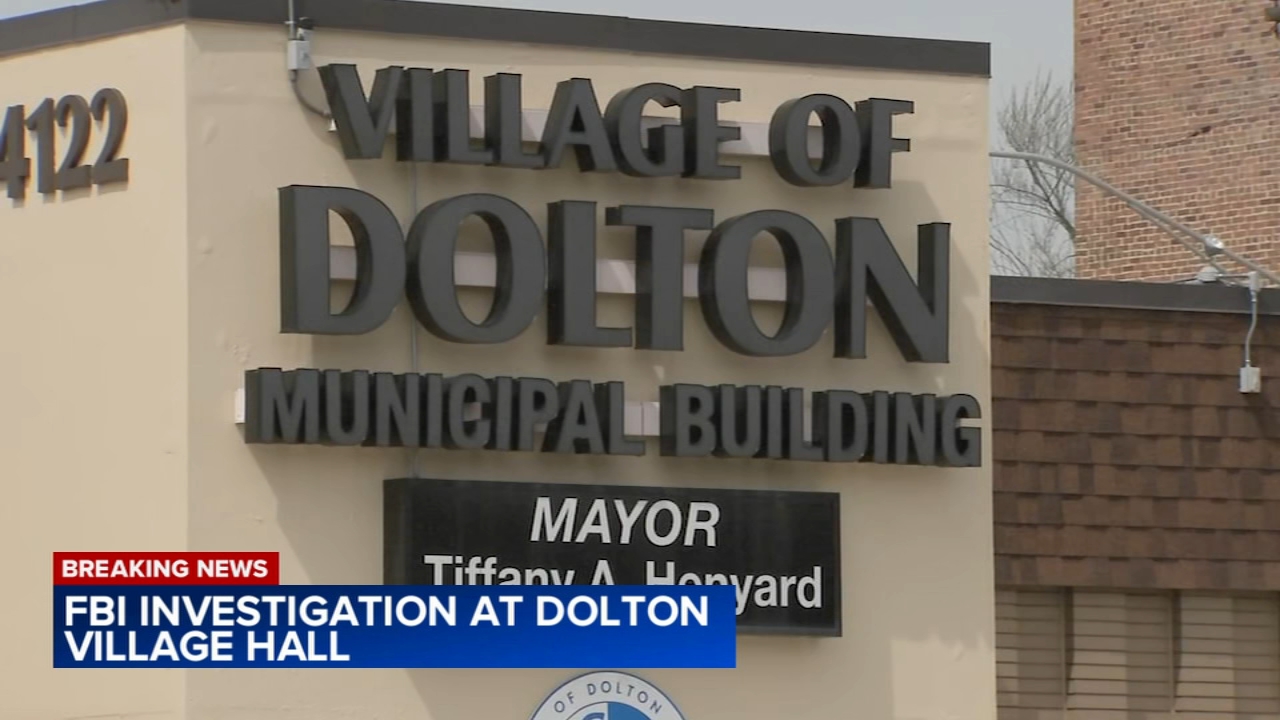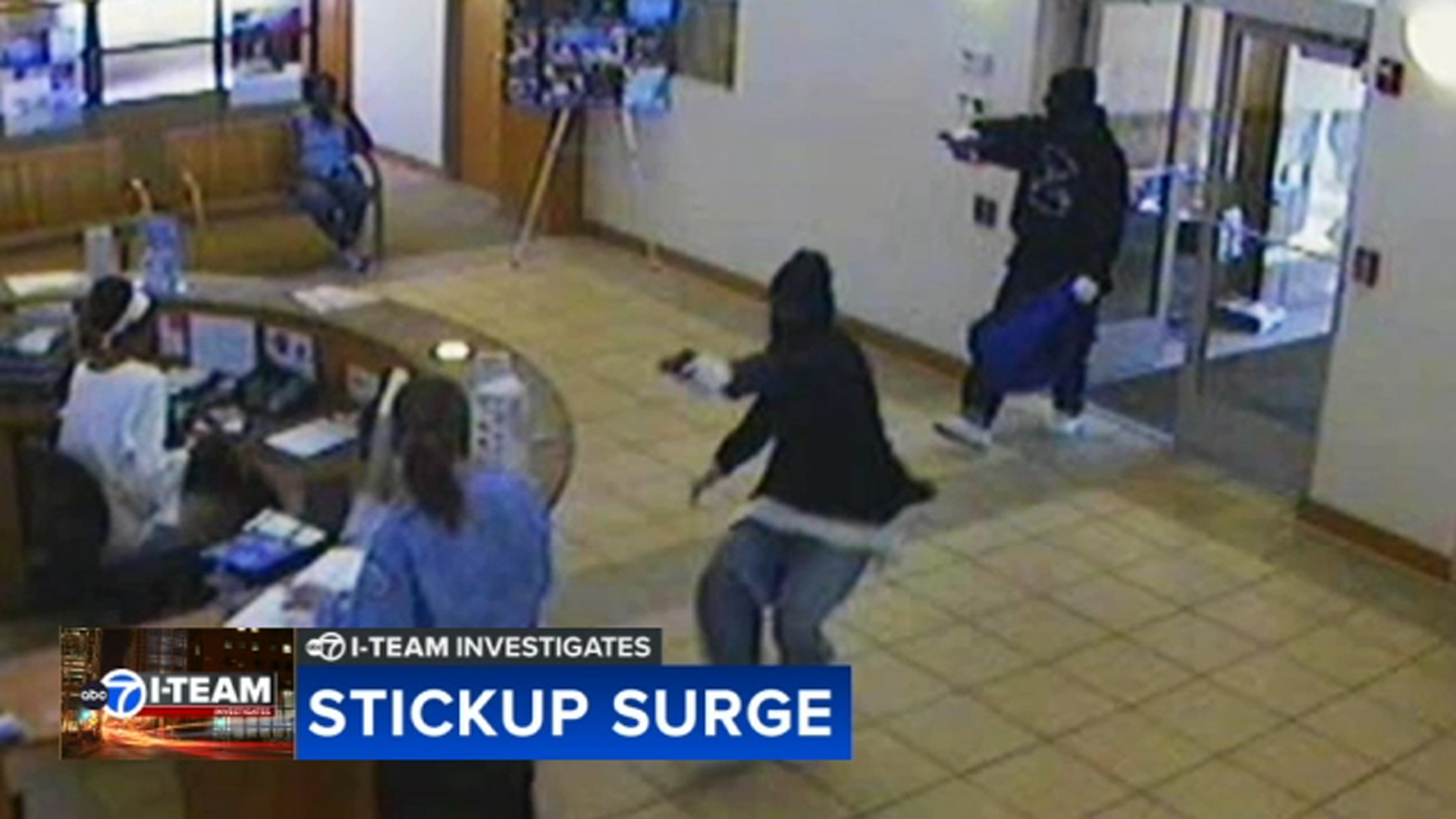New consent decree addition would require CPD officers to report each time a gun is pointed at a person

CHICAGO (WLS) -- Chicago police officers may soon have to document every time they point a gun at a person, sources tell ABC7.
The move is part of a federal consent decree to reform the Chicago Police Department.
According to an addition to the draft consent decree released Thursday, Chicago police officers would be required to radioChicago's Office of Emergency Management and Communications after every incident in which they point a gun at someone. The officer will not be required to fill out paperwork related to the incident.
OMEC will also notify the officer's immediate supervisor, who will review the incident to determine if it followed department policy. CPD headquarters must also review each incident within 30 days to determine whether the incident violated policy, whether the incident is part of a pattern of behavior, and address any concerns suggested by the incident, according to the addendum.
Officers will not be required to report incidents where their guns are unholstered or held in a "low ready" position, according to the addition.
The new policy will take effect in July 2019.
The addition also requires that CPD will provide training guidance on when officers should point a weapon at a person by January 1.
RELATED: Draft of CPD consent decree released
The 225-page draft of the consent decree was released in July, following two highly critical reports that found systemic problems in the police department involving the use of unnecessary and deadly force.
These requirements were the last hurdle in pursuit of the decree for Illinois Attorney General Lisa Madigan. In a statement released Thursday, Madigan's office said:
"Under the draft consent decree, Madigan is seeking sustainable reforms of CPD's policies, practices, training and accountability mechanisms to address discriminatory policing, improve public safety and build trust between CPD and Chicago's residents."
Madigan's office and the City of Chicago have been at odds over the decree for months.
At a press conference Thursday, CPD Superintendent Eddie Johnson thanked Madigan and Mayor Rahm Emanuel for their work on the decree and said he believed it to be successful in its promotion of safety and transparency.
Johnson said CPD "fought to ensure" that the decree would not cause officers to hesitate to point their weapons when necessary or produce extra paperwork for beat supervisors.
"Our goal through this process was to ensure that we found the best mechanism for the officer to document for the officers to document without being burdensome or a distraction to the important work they do," Johnson said.
The decree will put CPD under federal oversight for several years.
The public can still comment on the consent decree. A federal judge is planning to hold a "fairness hearing" on October 24 and 25 before implementing any changes.
"As the consent decree moves closer to its final form, I am encouraged by the prospects for meaningful and sustainable change," said State Senator Kwame Raoul in a statement released Thursday. "The latest point of agreement is an important advance, one that acknowledges the seriousness of the CPD's need to earn the trust of the people it polices."
Mayoral candidate Lori Lightfoot, who has pushed for federal oversight of CPD said she questions the timing of the gun agreement, which came one day after Emanuel announced he would not seek re-election.
"Obviously, it must be done and obviously the mayor must think he doesn't have to pander to a particular crowd," Lightfoot said.
Lightfoot also joined Fraternal Order of Police President Kevin Graham Thursday on a panel to debate the consent decree. Graham said the FOP opposes the entire decree, especially the new gun policy, because they fear it will make officers hesitate to use their guns.
"These officers have rights and it seems that this consent decree wants to address everybody's rights in the city expect the men and women putting the lives on the line every day," Graham said.
This process began as a result of the 2014 shooting of Laquan McDonald by Chicago police officer Jason Van Dyke.
Van Dyke's trial began Wednesday.
You can read the complete addition to the draft consent decree here.







